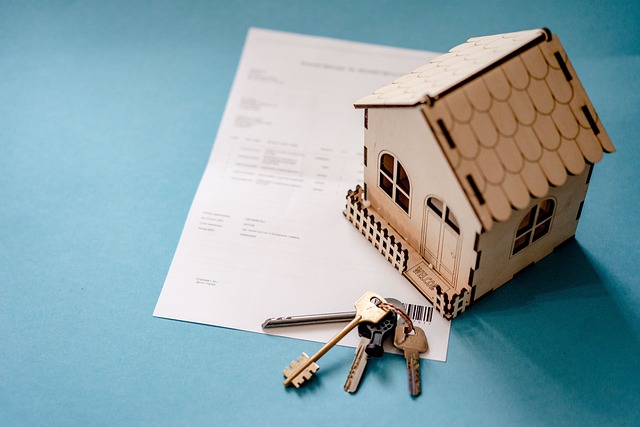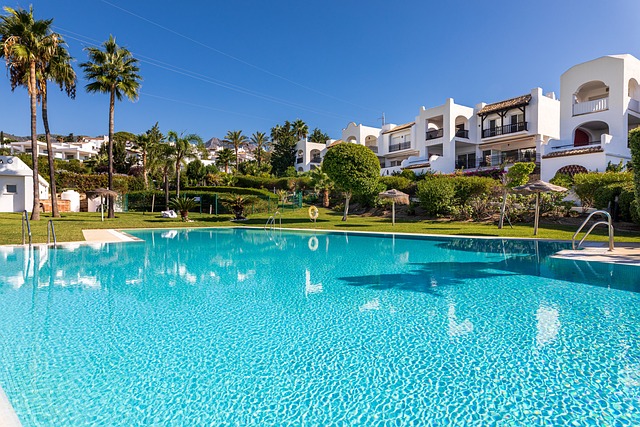Foreign investors can purchase property in Singapore with certain restrictions in place to balance housing for citizens and accommodate international investors. As of the latest updates, foreign nationals may buy residential properties either through government land sales or in designated areas like Sentosa Cove and specific condominiums, but are prohibited from owning landed properties such as terraced houses, semi-detached houses, and bungalows. The Singapore Land Authority (SLA) regulates these purchases. Foreign investors must navigate the market with knowledge of eligibility criteria, local policies like the Additional Buyer's Stamp Duty (ABSD) and Loan-to-Value (LTV) ratios, and should consider the robust rental yields and capital appreciation prospects in sought-after districts like 9 and 10, within the Core Central Region (CCR). Due to Singapore's stable economic environment and favorable foreign direct investment stance, investing in both residential and commercial properties can be a strategic move. Investors must obtain approval from the Land Dealings Approval Unit (LDAU) for landed properties and should engage legal counsel to ensure compliance with regulations. By understanding the rules set by the Singapore Land Authority (SLA), obtaining necessary approvals, and following due diligence, foreign investors can successfully navigate Singapore's property market, ensuring a compliant and informed investment experience. Can Foreigners Buy Property In Singapore? Yes, with careful adherence to the country's regulatory framework and strategic planning for long-term benefits.
Contemplating a venture into the Singaporean property market? This comprehensive guide navigates the key considerations and eligibility criteria for foreign investors looking to buy property in Singapore. From grasping the regulatory landscape to strategic financial planning, and understanding the legal framework, our top 10 tips provide a clear pathway for securing your investment within this vibrant market. Whether you’re an international investor or a global entrepreneur, this article is tailored to empower your real estate journey in one of Asia’s most dynamic cities. Can foreigners buy property in Singapore? The answer lies within these pages.
- Understanding the Landscape: Eligibility and Regulations for Foreigners Buying Property in Singapore
- Strategic Considerations: Top Tips for Foreign Investors in the Singaporean Real Estate Market
- Financial Planning: Key Factors to Secure Your Investment in Singapore's Property Market
- Legal Framework: Essential Steps and Documentation Required for Foreign Property Owners in Singapore
Understanding the Landscape: Eligibility and Regulations for Foreigners Buying Property in Singapore

Before foreign investors consider purchasing property in Singapore, it is crucial to understand the local landscape, which includes a well-defined set of regulations. Foreigners can indeed buy property in Singapore, but there are specific rules they must adhere to. One primary regulation stipulates that foreigners are only allowed to own lands for residential purposes through a government land sales program or by purchasing properties in areas designated for foreign ownership. These areas include the Sentosa Cove and specific condominiums with a minimum altitude of the 15th storey above mean sea level, as outlined by the Singapore Land Authority (SLA). Investors should also be aware that the government maintains a strict policy on land use to ensure a sustainable balance between housing its citizens and catering to foreign investors. As such, any purchase must comply with these policies to avoid restrictions or potential legal issues. Additionally, while there are no limitations on the number of residential properties foreigners can own in designated areas, they are prohibited from owning landed properties such as terraced or semi-detached houses, and bungalows in Singapore. Understanding these eligibility criteria and regulations is essential for foreign investors to navigate the property market successfully in Singapore, a city-state renowned for its robust legal framework and transparent real estate practices. Prospective buyers should conduct thorough research or consult with real estate professionals experienced in guiding foreign investors through the process to ensure compliance and make informed decisions.
Strategic Considerations: Top Tips for Foreign Investors in the Singaporean Real Estate Market

Navigating the Singaporean real estate market as a foreign investor requires strategic planning and a thorough understanding of local regulations. One of the first considerations for potential investors is the legal framework governing foreign ownership. As of the knowledge cutoff in 2023, Singapore allows foreigners to purchase property without restrictions on the percentage of shareholder ownership or the level of directorship. This opens up various opportunities across the residential and commercial sectors.
When investing in Singapore’s real estate, it is crucial to assess the location and potential for capital appreciation. Prime districts like 9, 10, and the Core Central Region (CCR) traditionally see higher demand, which can translate to more substantial long-term returns. Additionally, understanding the impact of policies, such as Additional Buyer’s Stamp Duty (ABSD) and Loan-to-Value (LTV) limits, is essential for structuring investments effectively. Foreign investors should also consider the rental yield prospects, as Singapore’s robust economy and diverse population contribute to a strong rental market. Investors keen on Can Foreigners Buy Property In Singapore must engage with experienced real estate agents and legal advisors who can navigate the nuances of the market and ensure compliance with all regulations. This due diligence will safeguard investments and facilitate a more informed approach to capitalizing on the dynamic and promising property landscape of Singapore.
Financial Planning: Key Factors to Secure Your Investment in Singapore's Property Market

When considering an investment in Singapore’s property market, foreign investors must navigate a unique set of regulations and opportunities. A pivotal aspect of financial planning for such investments is understanding the legal framework governing foreign ownership. Can foreigners buy property in Singapore? The answer is affirmative, albeit with certain restrictions. Foreigners are allowed to purchase condominium units but are barred from acquiring landed properties without prior approval from the Land Dealings Approval Unit (LDAU). It’s crucial to engage with a reputable real estate attorney to ensure compliance with these rules, as well as to facilitate the buying process.
Moreover, conducting thorough market research is essential to secure a sound investment. This includes analyzing property trends, rental yields, and capital appreciation potentials. Prospective investors should also consider the economic stability of Singapore, its strategic location within Asia, and the country’s openness to foreign direct investment as factors that can influence the performance of their property investments. Additionally, diversifying one’s portfolio with a mix of residential and commercial properties can offer a balanced approach to tapping into Singapore’s real estate market. By combining due diligence with strategic planning, investors can navigate the nuances of the Singaporean property landscape and position themselves for potential gains.
Legal Framework: Essential Steps and Documentation Required for Foreign Property Owners in Singapore

When foreign investors consider purchasing property in Singapore, understanding the legal framework is paramount to ensure compliance with local regulations. As of the latest update, the Singapore government allows foreigners to buy properties with some restrictions. The first step for potential foreign property owners is to familiarize themselves with the guidelines set by the Singapore Land Authority (SLA). Foreigners are generally permitted to own and purchase residential properties in Singapore, subject to the Approval of the Minister or the Land Sales Act for lands not within development areas.
To proceed with the purchase, a series of essential steps and documentation must be completed. Firstly, foreign buyers must obtain an Account Number from the Inland Revenue Authority of Singapore (IRAS), which serves as their unique tax identifier. Additionally, they are required to open a local bank account to manage transaction-related finances. Foreigners must also secure financing if necessary, with options available from local banks and financial institutions familiar with foreign investment rules. The documentation process includes signing a Sale and Purchase Agreement (SPA) after selecting a property, which is legally binding. Other critical documents include the Temporary Land License (TLL), Option to Purchase (OTP), and the completion of the Stamp Duty on the SPA and OTP. It is imperative to engage with a real estate lawyer to ensure all legalities are met, as they will guide you through the necessary procedures, including the submission of these documents to the Singapore Land Authority for approval. By adhering to these steps and ensuring all documentation is in order, foreign investors can navigate the property market in Singapore with confidence, under the watchful eye of local regulations designed to protect the interests of both foreign and domestic buyers.
